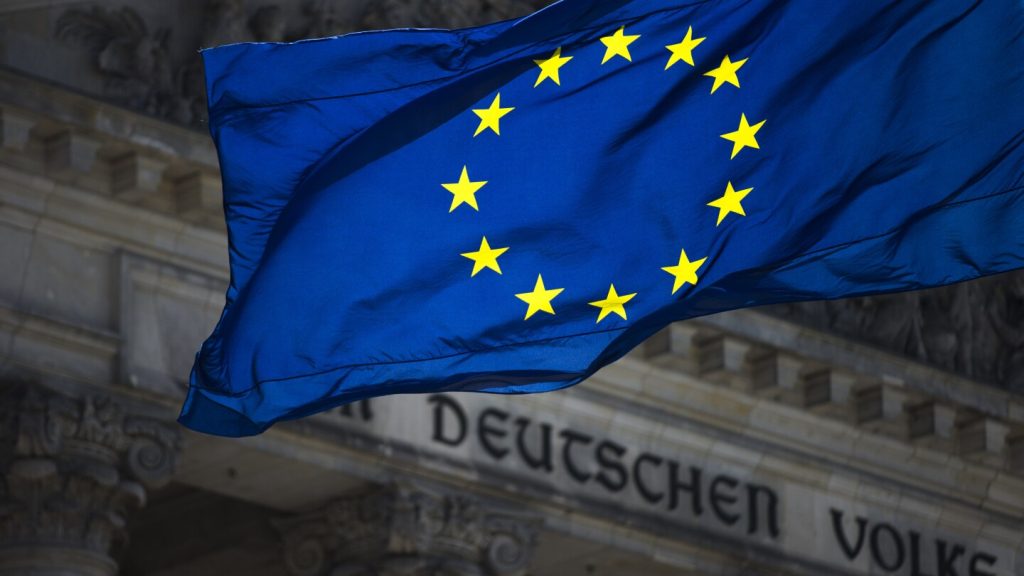German politics are currently in a state of turmoil as the country prepares for European Parliament elections, with Chancellor Olaf Scholz’s government facing low popularity ratings. The coalition government, made up of the Social Democrats, Greens, and Free Democrats, has achieved some successes, such as securing energy supplies and aiding Ukraine, but has been plagued by infighting. The economy, the largest in Europe, is struggling to generate growth, and the government is facing challenges in putting together a budget while adhering to strict debt rules.
Opposition leader Friedrich Merz has criticized the government for governing against the majority of voters and the population, highlighting a sense of doubt and uncertainty among the public. The Union bloc, led by Merz, has struggled to increase its support above 30% despite the unpopularity of the current government. Questions remain about whether Merz, a former rival of Angela Merkel, can appeal to voters and challenge Scholz in the next national election in 2025. The Union plans to decide on its candidate after three state elections in September.
The far-right Alternative for Germany (AfD) party, which has seen support above 20% in the past, is facing setbacks and scandals leading up to the European Parliament elections. Reports of extremists discussing mass deportations of immigrants, along with allegations of spying for China and ties to pro-Russia networks, have tarnished the party’s image. AfD’s top candidate, Maximilian Krah, was banned from campaign appearances after controversial statements about the Nazis’ SS unit, and the party was removed from a far-right group in the European Parliament.
Despite the scandals, AfD is still expected to make gains in the upcoming elections, but a new party founded by Sahra Wagenknecht, which combines left-wing economic policy with a restrictive approach to migration, could potentially attract some AfD voters. With around 60.9 million eligible voters in Germany, including 4.1 million residents from other EU countries, the upcoming elections will be a crucial test for the country’s political landscape. The vote is seen as an opportunity for voters to signal their discontent with the current government and the state of German politics.


